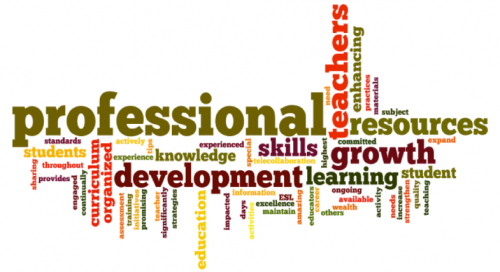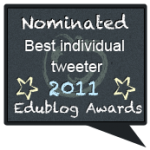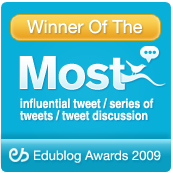 During the last year, or for as long as this election has been running, I have had a growing concern. I listen to interviews of voters in our democratic society and wonder how well we have prepared our citizens to actually make considered and responsible decisions. I realize that emotions may weigh heavily on decisions we make, especially in election years, but decisions should initially be, at the very least, critically analyzed, and based on facts rather than opinions or pledges, promises, and propaganda. With so much indecision, as well as a mass misrepresentation of facts in this election on both sides, I question how much we have addressed decision-making in the education of our kids over the centuries. Beyond just this election, this would hold true when applied in any situation requiring a decision. My concern is that our education system may, in great part, be failing to give decision-making its proper priority in the system. Is creating learners capable of responsible and considered decisions a true goal of education, and is it supported with action and not just discussion?
During the last year, or for as long as this election has been running, I have had a growing concern. I listen to interviews of voters in our democratic society and wonder how well we have prepared our citizens to actually make considered and responsible decisions. I realize that emotions may weigh heavily on decisions we make, especially in election years, but decisions should initially be, at the very least, critically analyzed, and based on facts rather than opinions or pledges, promises, and propaganda. With so much indecision, as well as a mass misrepresentation of facts in this election on both sides, I question how much we have addressed decision-making in the education of our kids over the centuries. Beyond just this election, this would hold true when applied in any situation requiring a decision. My concern is that our education system may, in great part, be failing to give decision-making its proper priority in the system. Is creating learners capable of responsible and considered decisions a true goal of education, and is it supported with action and not just discussion?
Teachers have always asked for autonomy in teaching their subject areas, a position I always support. The argument is that the teacher is the content and education expert and quite capable of making the decisions for what is appropriate for their students. Teachers want to be the decision-makers for what kids will be taught. Administrators have their perspective as well. Mandates, regulations, and standards are all the considerations for their decisions. Additionally, parents have a say with their decision-making: support of the budget, their kid’s schedule, and the overall direction of their kid’s education and life.
Everyone wants their say in a kid’s education, but what about the kids? The path to sound decision-making should be a practice of our students in regard to their own learning. Decision-making should be involved in the content delivery that teachers provide within their courses. Decision–making should be a practice in what path students choose in their academic journey. For too long these decisions have been made by educators for kids. Teachers decided curriculum for students, and what methodology worked best for them to learn. We must accept the fact that the ability or skill for decision-making doesn’t happen on its own. It is also a skill that is refined with maturity as much as practice. It would be foolish to assume the youngest of our kids are capable of making life-changing decisions, but making some decisions is better than making no decisions at all. We need to start this early and increase the decision options as kids mature.

A Problem-based curriculum allows for decision-making. This includes failure as a teacher. The wrong decisions have consequences, but what better place to fail than within the safety of the classroom with a teacher to guide kids back from a wrong direction. If a teacher needs class rules and regulations to guide the learning environment maybe the kids could make the decisions of what rules to use after discussing the needs and reasoning behind each rule. The teacher should not just dictate rubrics to the students. Many teachers include the students in deciding what rubrics are needed for their work. Students should decide what work they want to use for their portfolios. One idea for high school students might be to have a required (already decided) course to specifically deal with decision-making. This will come at a time when these students will be entering into a whirlwind of decision-making concerning real life choices dealing with their future.
Sound, responsible, fact-based decision-making as a mastered skill should be a goal in education. It cannot be assumed that education itself will develop that skill. I have met many educated people who must be told what to do and how to think, with little interest, or possibly ability to make their own decisions. Since we base the governance and safety of our country on the decisions our citizens make, it is in our best interest to have our citizens well versed in decision-making skills.
 Recently, as I was tweeting about the need for teachers to be more aware of what was going on within their profession an unexpected tweet response came from a connected educator who I greatly respect and hold in high regard. He tweeted that he was tired of the teacher bashing. I was upset for that was the furthest thing from my mind as I tweeted my opinions out.
Recently, as I was tweeting about the need for teachers to be more aware of what was going on within their profession an unexpected tweet response came from a connected educator who I greatly respect and hold in high regard. He tweeted that he was tired of the teacher bashing. I was upset for that was the furthest thing from my mind as I tweeted my opinions out.










